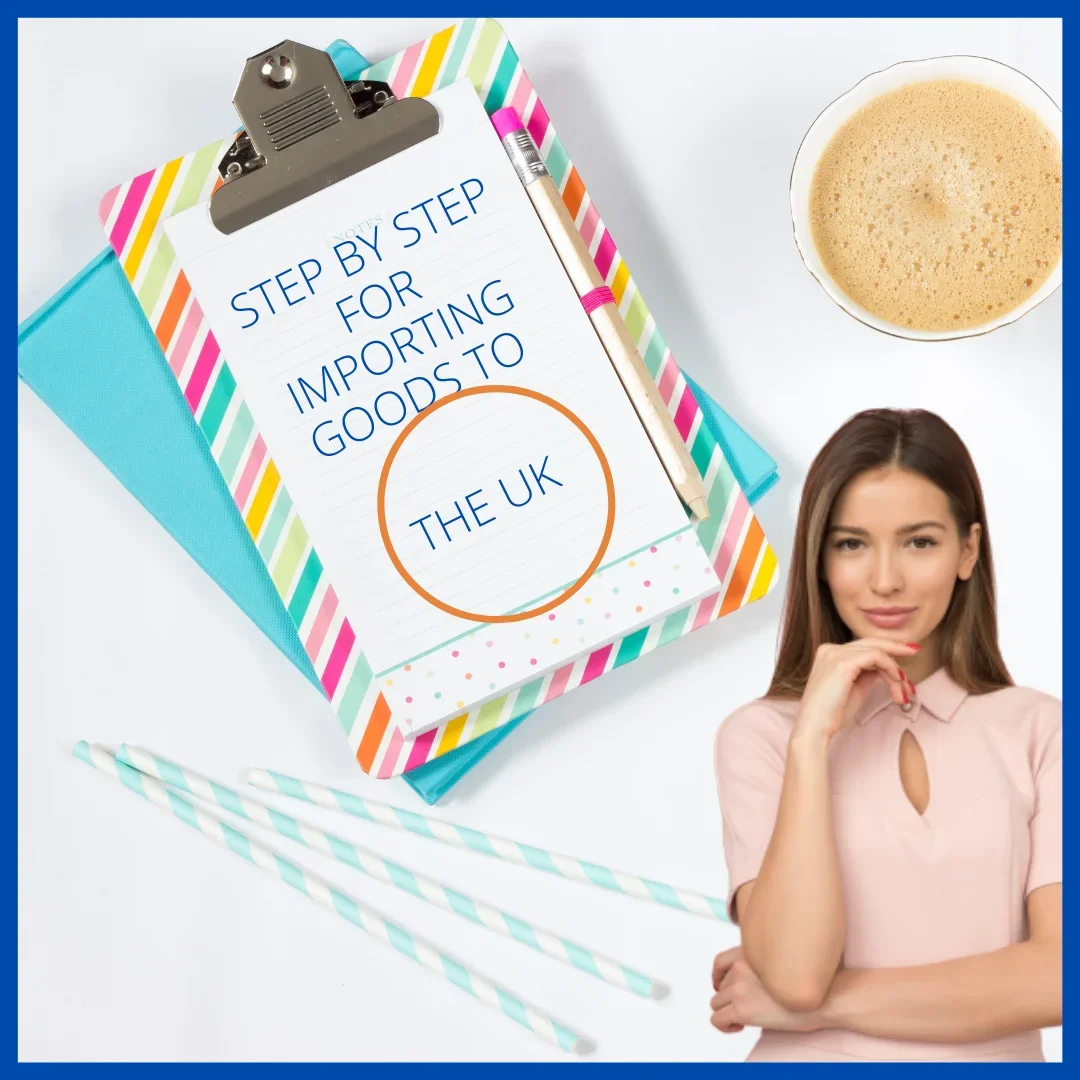Intrastat statements would still be necessary, and you would generally be able to employ import VAT accounting in your VAT return.
Step-by-step instructions for importing items into the United Kingdom
- Determine whether you require VAT registration - Many EU businesses used to operate under EU simplifications such as call-off stock or triangulation rules before Brexit. These laws are no longer in effect, and overseas enterprises will need to obtain a UK VAT number in order to import products into the UK.
- Obtain an EORI number - To make imports, you must have a UK EORI number. EORI numbers in the United Kingdom differ from those in the European Union. You can apply for a UK EORI number if you don’t have it. The application process is simple, and you will receive a response from HMRC within a few days.
- Recognise and agree on Incoterms with your provider - Incoterms are a collection of terms and conditions that establish both the buyer's and seller's rights and responsibilities in international trade.
- Determine whether you will utilise a customs agent to complete your customs documents - Most firms hire a third party to handle customs documents on their behalf. This documentation is difficult and necessitates training, staff availability, and the submission of an application for a CHIEF badge.
Most transportation, freight forwarding, and carrier companies can function as an agent. You can look through HMRC's tools to identify an agent to assist you.
- Verify the commodity codes of your products - Goods are categorised into categories and subgroups in international trade based on their nature and qualities. Each of these is assigned a number known as a commodity code.
You should be aware of the commodity codes of the items with which you are trading, as customs charges will vary depending on their classification.
- Determine whether you can profit from existing customs simplifications - There are numerous regimes that allow for VAT and/or tax suspension. Inward processing relief, customs warehouses, and provisional admittance are among the examples.
- Check to see whether you need a licence and that your labelling are compliant - Some items require permission to be imported into the United Kingdom. Animals, some pharmaceuticals, garbage, and weaponry are examples of these. Before bringing the products into the country, you should apply for the necessary licence.
- Determine whether or not you will use simple import declarations - Customs clearance can be time-consuming, causing delays in your transaction and potentially high logistics costs. Simplified declarations expedite the process while simultaneously deferring duty payment. HMRC's website is where you can apply to use simplified customs declarations.
- Check to see if your supplier exported anything - It is critical to follow export regulations in the nation of dispatch. In the EU, these obligations include submitting a customs statement to the tax authorities of the country of dispatch, completing an Exit Summary Declaration, and confirming that the supplier has a valid EU EORI number.
- Submit a customs declaration - Normally, your customs agent will be in charge of your customs declarations. These are 50-box forms that must be filled out and submitted electronically using certified software. If you still want to handle these declarations in-house, HMRC has compiled a detailed list to assist you.
- Determine and pay the tax - You must calculate the value of your items for customs purposes. You will be required to pay import duties based on the tariffs applicable to the commodity code of the products you are importing. You should also investigate whether you are eligible for special treatment and whether you can pay a lower rate of duty.
In most circumstances, you can account for import VAT using the postponed import VAT accounting method. Persona Finance [enquiries@personafinance.co.uk] can provide accounting and business guidance for your company.



